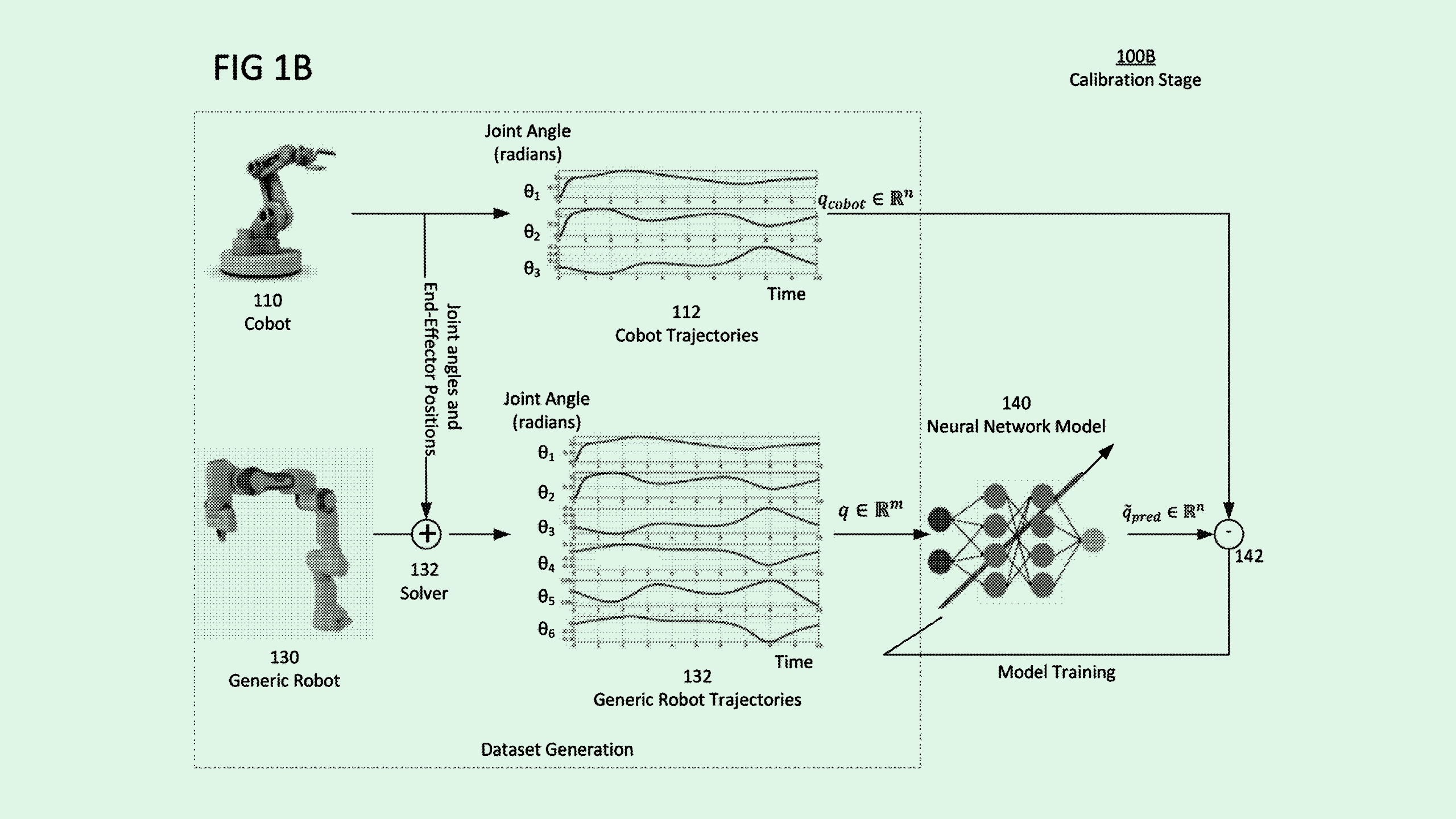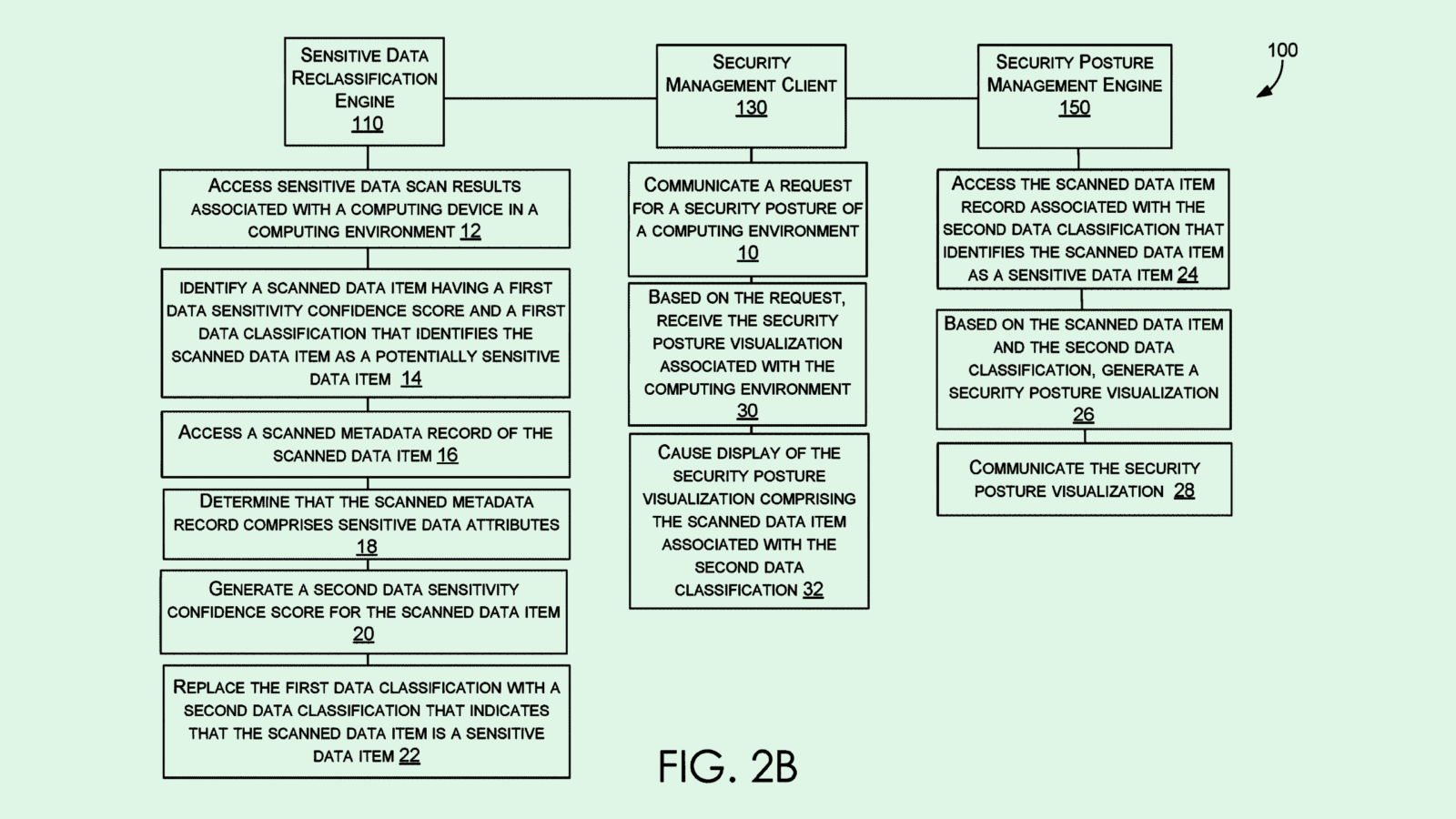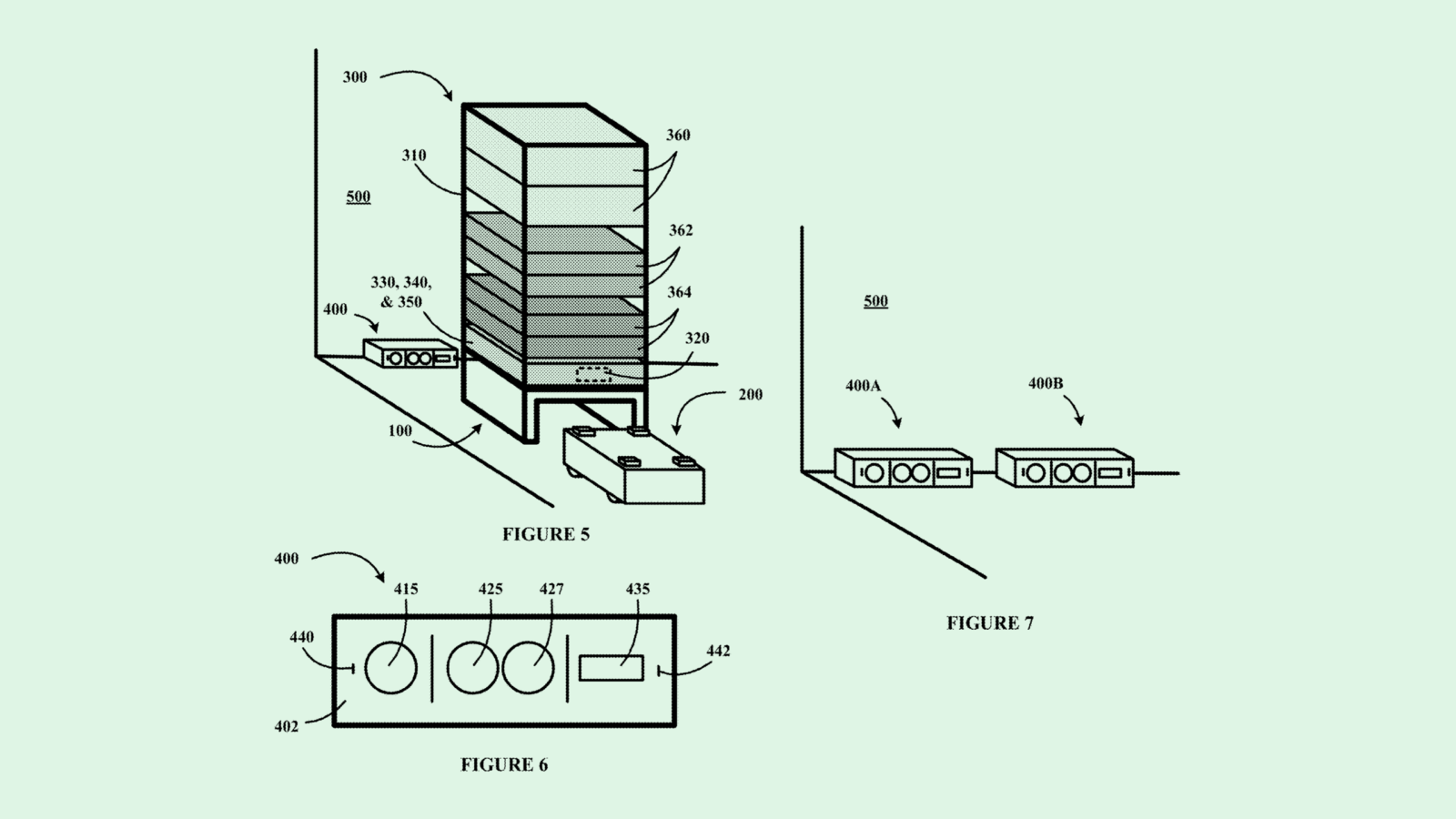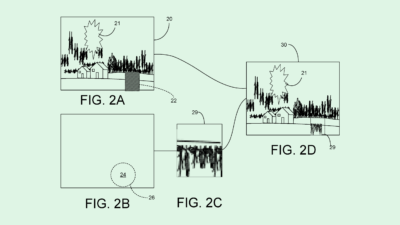Intel ‘Cobots’ Patent Highlights Growing AI Robotics Market
Intel wants to make AI robots more collaborative and scalable. But it faces steep competition.

Sign up to uncover the latest in emerging technology.
Intel is continuing its quest for robot co-workers.
The company is seeking to patent a system for “cobot model generation,” based on a model used for a generic robot. “Cobot” is short for “collaborative robotics,” which places robots in situations that are “not predefined by the manufacturer,” requiring them to be adaptable.
“Unlike traditional industrial robots, cobots operate in diverse and dynamic environments that are often unpredictable,” said Intel. “Cobots frequently need to be programmed by individuals without specialized robotics expertise.”
To make these robots more versatile, Intel’s tech starts off with a generic robotics model that’s been taught redundant “degrees of freedom,” or the independent movements a robot can make, to cover a wide range of motion and “encompass extensive workspaces.” Starting with a general model that’s adaptable to different situations and machines potentially allows for easier scalability.
A trained neural network adapts the trajectories of these movements to each cobot’s specific environment, learning its limitations and improving collision avoidance. The movements are refined iteratively, making cobots better at their tasks over time. This self-training could reduce the need for expert oversight.
This isn’t the first time we’ve seen Intel take an interest in robotics. The company has previously sought to patent a way to detect broken sensors for autonomous machines and a system for real-time motion planning.
These patents come as AI robotics are on the receiving end of growing hype. Google and its AI subsidiary DeepMind have plenty of patents in the space, and seek to bring the capabilities of its Gemini language model to robots. Nvidia’s patent history tells a similar story, including proactive safety and decision-making systems for autonomous machines. And Tesla has been working on humanoid robot companions since 2021.
Though these robots seem like fringe technology, the market for them may have potential: A report from Goldman Sachs found that the addressable market for humanoid robots is projected to reach $38 billion by 2035, driven largely by demand in manufacturing environments, especially if device components get cheaper.
But a big part of making robotic co-workers an everyday reality is making them safer, as patents like Intel’s intend to do. Plus, given that Intel is falling behind in AI as a whole, patents like this one may be an attempt to help it carve out niche IP in emerging AI use cases.











